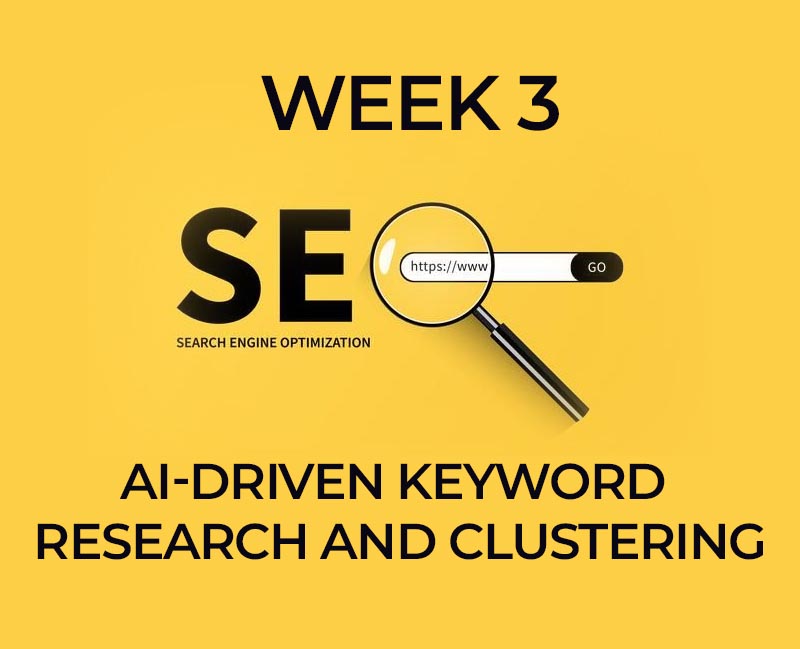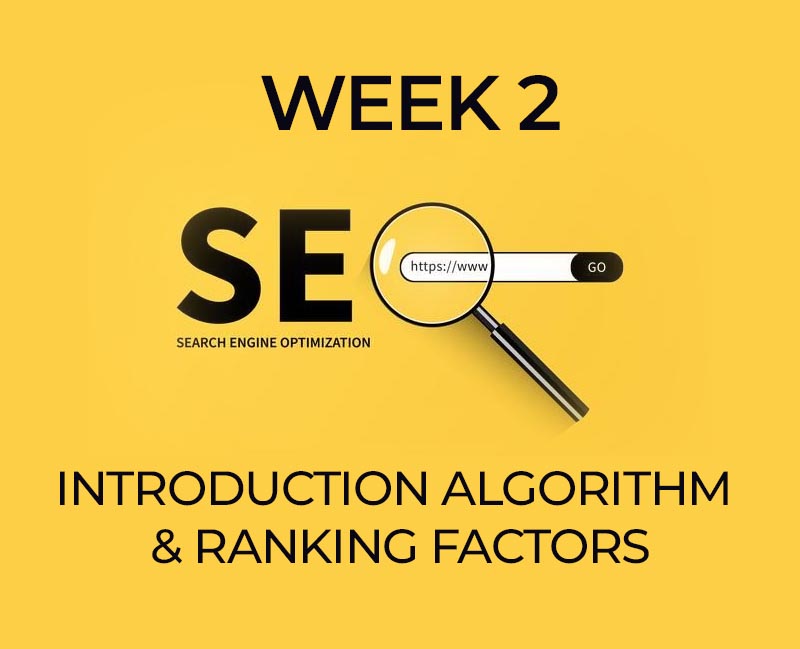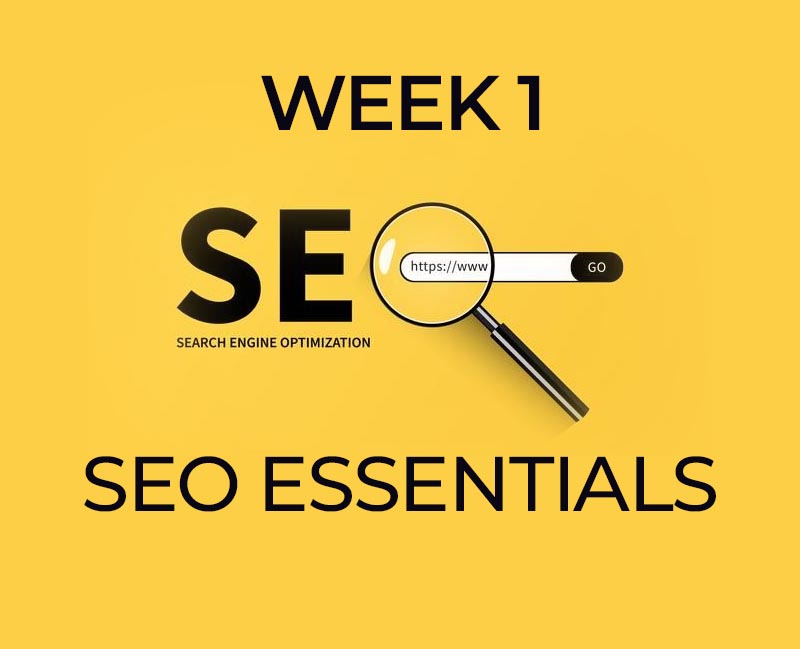- dmagencybd24@gmail.com
- 56-57, Sharif Mansion, 7th Floor, Motijheel, Dhaka- 1000
What is SEO? The Ultimate Guide to Search Engine Optimization

Introduction
In today’s digital world, having a website is just the beginning. If no one can find your content, your efforts may go unnoticed. That’s where Search Engine Optimization (SEO) comes in. SEO is the key to increasing your website’s visibility on search engines like Google, Bing, and Yahoo.
In this blog post, we’ll walk you through what SEO is, why it matters, and how you can optimize your website to rank higher in search results.
What is SEO?
Search Engine Optimization (SEO) is the process of improving your website’s content, structure, and authority to increase its visibility in organic (non-paid) search engine results.
The better your SEO, the more likely people are to find your website when they search for relevant keywords.
Why is SEO Important?
-
Increased Website Traffic: Higher rankings mean more visitors to your site.
-
Cost-Effective Marketing: Organic traffic is free compared to paid ads.
-
Builds Trust & Credibility: Sites that rank higher are perceived as more trustworthy.
-
Better User Experience: SEO encourages clean, fast, and mobile-friendly websites.
Types of SEO
1. On-Page SEO
Optimizing individual pages on your website for specific keywords. This includes:
-
Using proper title tags and meta descriptions
-
Optimizing content with keywords
-
Header tag structure (H1, H2, H3…)
-
Image optimization (alt text, file names)
-
Internal linking
2. Off-Page SEO
Improving your website’s authority by building backlinks from other websites.
-
Guest posting
-
Social media shares
-
Influencer outreach
-
Forum participation
3. Technical SEO
Optimizing the backend of your website for better crawling and indexing by search engines.
-
Website speed
-
Mobile-friendliness
-
SSL Certificate (HTTPS)
-
XML sitemap and robots.txt
-
Fixing crawl errors
Key SEO Ranking Factors in 2025
Search engines use hundreds of signals to rank websites. Some of the most important factors include:
-
High-quality, original content
-
Page loading speed
-
Mobile responsiveness
-
Backlinks from authoritative sites
-
User engagement (time on page, bounce rate)
-
Keyword optimization
-
Secure connection (HTTPS)
How to Do Keyword Research
-
Use tools like Google Keyword Planner, Ahrefs, Ubersuggest, or SEMrush
-
Identify keywords with high search volume and low competition
-
Focus on long-tail keywords for better conversion rates
-
Analyze competitor websites for keyword ideas
Best On-Page SEO Practices
-
Write compelling, keyword-rich title tags (under 60 characters)
-
Use meta descriptions that encourage clicks (under 160 characters)
-
Include your target keyword in the first 100 words
-
Add alt text to all images
-
Link to related posts within your website
What is Link Building?
Link building is the process of getting other websites to link to your content. Each quality backlink acts like a vote of trust from another site.
Tips:
-
Create high-quality, shareable content
-
Reach out to bloggers and website owners
-
Use broken link building strategies
-
Submit to business directories and forums
SEO Tools You Should Use
-
Google Analytics – for traffic insights
-
Google Search Console – for indexing and performance reports
-
Yoast SEO / Rank Math – for WordPress SEO
-
Screaming Frog – for site audits
-
Moz / Ahrefs / SEMrush – for keyword and backlink analysis
Final Thoughts
SEO isn’t a one-time job – it’s an ongoing process. By understanding how search engines work and implementing smart SEO strategies, you can significantly improve your website’s visibility, credibility, and traffic.
Start with the basics, stay consistent, and watch your rankings grow!
Want help with SEO?
If you’re looking to boost your website’s ranking and drive more traffic, feel free to reach out or explore our SEO services!





